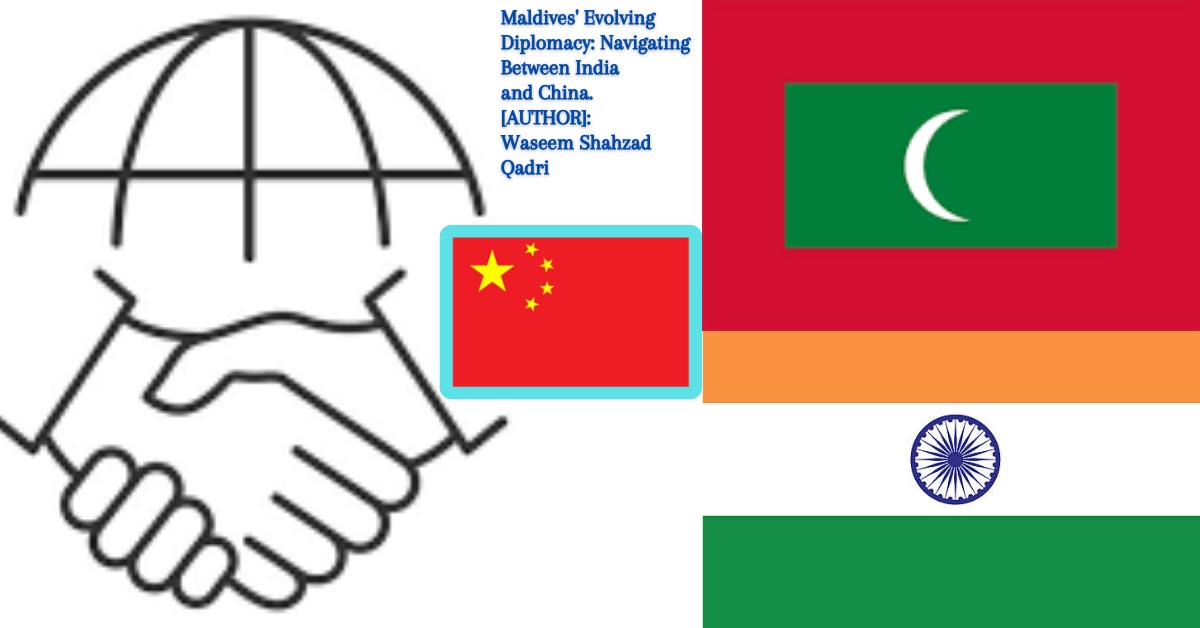Introduction:
The Maldives, a tropical paradise comprising over a hundred islands, is caught in a diplomatic crossfire as President Mohamed Muizzu aims to redefine the nation’s foreign relations, triggering concerns and discussions. This article explores recent events, controversial statements, and the evolving diplomatic landscape in the Maldives.
A Shifting Landscape:
President Muizzu, who assumed office last year, pledged to reshape the Maldives’ foreign policy, including the removal of Indian soldiers and a reconsideration of the India-first policy. This stance has sparked discussions and social media backlash, with Indian celebrities calling for a boycott of the island nation.
Controversial Statements:
Controversy arose when Maldives deputy minister Mariyam Shiuna made derogatory remarks on social media following Prime Minister Narendra Modi’s visit to Lakshadweep. These comments prompted former President Mohamed Nasheed to urge President Muizzu to distance the government from such statements, emphasizing India’s role in the Maldives’ security.
China’s Invitation:
President Muizzu’s decision to visit China further fueled speculations about the Maldives’ shifting alliances. China, being a major creditor to the Maldives, invited Muizzu for a state visit, raising concerns about the nation’s growing proximity to Beijing. The Maldives owes China approximately $1.3 billion, constituting a significant portion of its total public debt.
India’s Response:
As India and China vie for influence in the region, Muizzu’s government is perceived to lean towards China. The Maldives’ decision to abstain from the Colombo Security Conclave, a departure from its usual participation, and the expiration of the hydrography cooperation agreement with India signal a recalibration of diplomatic ties.
Analyzing the Signals:
Abhijit Singh, head of the Maritime Policy Initiative at the Observer Research Foundation, notes that President Muizzu’s actions indicate a distancing from India in favor of a closer friendship with China. The decision to visit Beijing before New Delhi, a break from tradition, raises concerns about India’s diminishing priority for the Maldivian government.
International Reactions:
US Secretary of State Antony Blinken’s recent conversation with Maldives Foreign Minister Zameer emphasizes the United States’ commitment to strengthening cooperation with the Maldives. The nation’s role as a key partner in a free, open, secure, and prosperous Indo-Pacific region is underscored amid regional geopolitical shifts.
Conclusion:
As the Maldives navigates through a diplomatic realignment, President Muizzu’s actions signal a departure from the ‘India First’ policy of his predecessor. The evolving relationship with India and the growing proximity to China raise questions about the Maldives’ geopolitical strategy and its implications for regional stability. The international community closely watches these developments, anticipating the future course of the Maldives’ foreign relations.
ABOUT AUTHOR: Waseem Shahzad Qadri
Waseem Qadri is Award winning Multimedia journalist & filmmaker who produced several News reports & documentaries for international media like, Wall Street Journal, Bloomberg TV, Al Jazeera, VOA NEWS, Hearts Media, Ruptly & The roar, The Zimbabwean etc.

